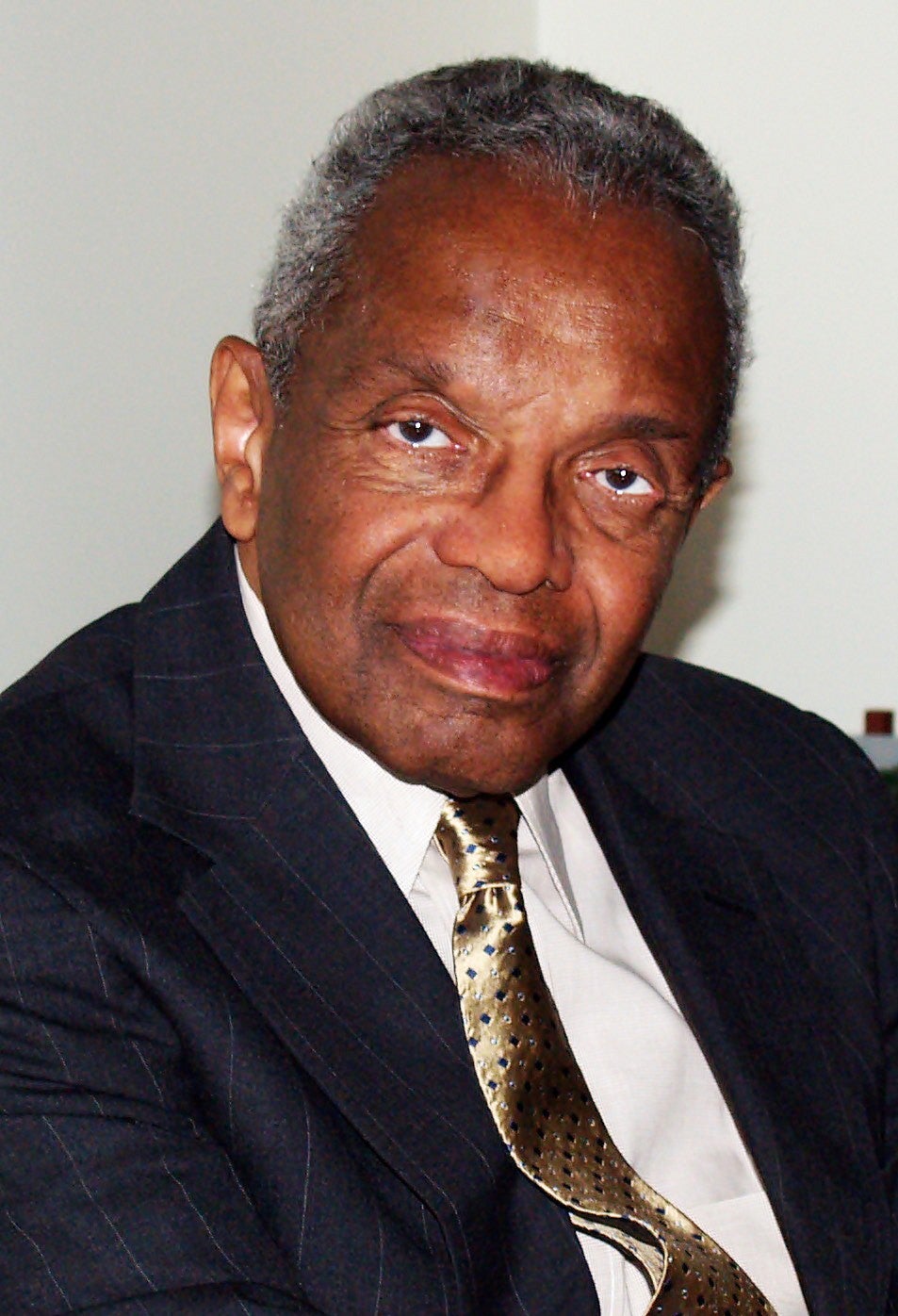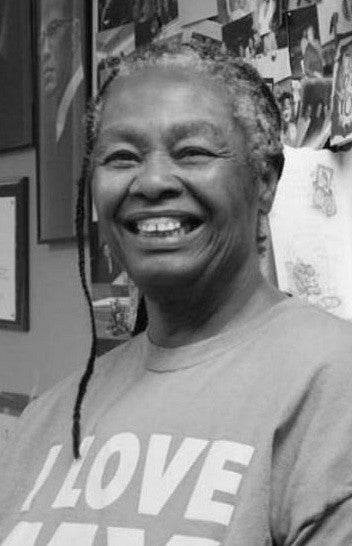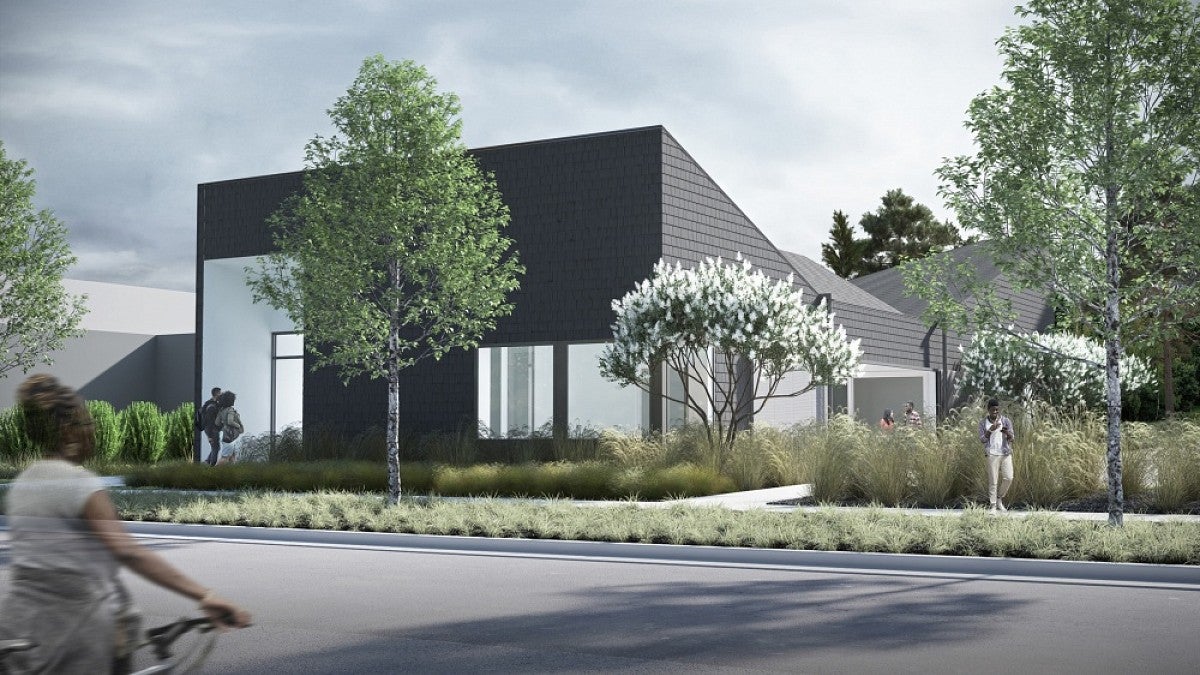When the new Black Cultural Center opens this fall on the University of Oregon campus, it will bear the name of one of two accomplished individuals who overcame oppression, advocated for students at the UO and spent their lives working for racial justice.
A university committee selected Derrick Bell and Lyllye B. Parker as finalists for consideration. Bell was a former UO law school dean and celebrated law professor who established a field of study known as critical race theory. Parker is a member of one of Eugene’s first black families, a civil rights activist and UO alumna who worked as an academic advisor at the UO for 17 years.
President Michael H. Schill is now seeking community input about the two options for naming the cultural center. The campus community and public are invited to comment by using a survey form through Friday, Aug. 2.
“I am incredibly thankful to the committee for forwarding the names of two exemplary individuals who both personify the kind of academic exploration, community building and personal transformation that will take place in the new Black Cultural Center,” Schill said.
The committee, comprised of students, faculty members and staff, selected Bell and Parker from among 21 nominations made members of the community and university. Kevin Marbury, vice president for student life, said in the recommendation memo to Schill that the committee was impressed with the array of influence and accomplishments of the many nominees considered.
“We discussed the tremendous opportunity this naming provides to tell a story to future generations, to connect the past with the future through more than just a sign on a map but through an understanding of that individual’s lasting legacy and impact,” Marbury said. “Combined with the transformational impact that this new space will have to our community, this makes the Black Cultural Center naming process particularly important for the University of Oregon.”
Marbury said he consulted with the committee and various student, faculty member and staff stakeholders about the process and timeline, which was announced last winter.
“We are reaching out directly to campus and greater community, encouraging them to provide feedback,” Marbury said. “We have received very good participation in the process along the way, as evidenced by the excellent nominations and finalists.”
Schill will make a final recommendation to the UO Board of Trustees later this summer, and the board will vote on the selection at its September meeting.
The new center is scheduled to open prior to the start of 2019 academic year. It will be a home base for academic and social activities of black students and a place where other students and visitors can learn about the black student experience at the UO.
The project arose out of a demand made by the Black Student Task Force following a 2015 demonstration. Programming for the center will be funded through an allocation from the Presidential Fund for Excellence.
The 3,200-square-foot center is off East 15th Avenue and Villard Alley, east of the Global Scholars Hall. In addition to being a hub for black student social and academic activities, the facility also will feature exhibits and programs to serve as a portal on black heritage and culture for all members of the diverse campus community.
Construction began winter term on the timber-framed structure and is expected to be complete by the end of August. The $3 million project is funded entirely by donors, including Nancy and Dave Petrone, who gave a lead gift of $1 million. Its grand opening is slated for mid-October.
More on the finalists:


The full committee recommendation report and information about the naming process is available on the Division of Student Life website.
—By Jennifer Winters, University Communications


